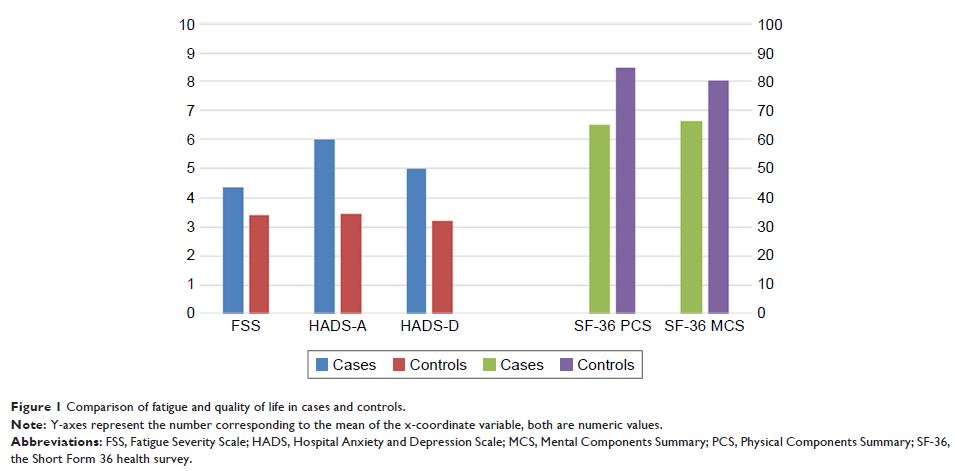9 0 8 0 2
论文已发表
注册即可获取德孚的最新动态
IF 收录期刊
- 2.6 Breast Cancer (Dove Med Press)
- 3.9 Clin Epidemiol
- 3.3 Cancer Manag Res
- 3.9 Infect Drug Resist
- 3.6 Clin Interv Aging
- 4.8 Drug Des Dev Ther
- 2.8 Int J Chronic Obstr
- 8.0 Int J Nanomed
- 2.3 Int J Women's Health
- 3.2 Neuropsych Dis Treat
- 4.0 OncoTargets Ther
- 2.2 Patient Prefer Adher
- 2.8 Ther Clin Risk Manag
- 2.7 J Pain Res
- 3.3 Diabet Metab Synd Ob
- 4.3 Psychol Res Behav Ma
- 3.4 Nat Sci Sleep
- 1.9 Pharmgenomics Pers Med
- 3.5 Risk Manag Healthc Policy
- 4.5 J Inflamm Res
- 2.3 Int J Gen Med
- 4.1 J Hepatocell Carcinoma
- 3.2 J Asthma Allergy
- 2.3 Clin Cosmet Investig Dermatol
- 3.3 J Multidiscip Healthc

中国系统性红斑狼疮:贡献因素和对生活质量的影响
Authors Du X, Zhao Q, Zhuang Y, Chen H, Shen B
Received 13 April 2018
Accepted for publication 21 June 2018
Published 6 September 2018 Volume 2018:12 Pages 1729—1735
DOI https://doi.org/10.2147/PPA.S170984
Checked for plagiarism Yes
Review by Single-blind
Peer reviewers approved by Dr Cristina Weinberg
Peer reviewer comments 3
Editor who approved publication: Dr Naifeng Liu
Objective: Fatigue is a very common symptom of systemic lupus erythematosus (SLE), which significantly impairs patients’ quality of life. The purpose of this study is to evaluate contributors of fatigue and effects of fatigue on the quality of life in Chinese SLE patients.
Methods: A survey of 119 SLE patients using the Fatigue Severity Scale (FSS) to assess the severity of fatigue was carried out. SLE patients completed the Systemic Lupus Erythematosus Disease Activity Index, the Hospital Anxiety and Depression Scale, the Short Form 36 health survey and the Pittsburgh Sleep Quality Index. Meanwhile, 105 healthy individuals completed FSS, the Hospital Anxiety and Depression Scale and Short Form 36 health survey. We used chi-squared analysis, independent samples t-tests and logistic regression models to analyze data.
Results: Our results found that the FSS score of patients with SLE was higher than that of healthy controls. The disease duration, anxiety, depression, subjective sleep quality and sleep disorders significantly correlated with fatigue in SLE patients. Moreover, logistic regression models showed depression and sleep disorders as predictors of fatigue. In SLE patients, fatigued patients had lower quality of life than those who were non-fatigued.
Conclusion: This is the first time to explore contributors of fatigue and the influence of fatigue on SLE patients’ quality of life in China. Our study showed that depression and sleep disorders were predictors of fatigue, and fatigue seriously damaged SLE patients’ quality of life. The results indicate that it is necessary to conduct holistic assessment and effective intervention, such as systemic psychiatric screening, psychological care and practical sleep guidance, to relieve symptoms of fatigue and finally improve their quality of life in SLE patients.
Keywords: systemic lupus erythematosus, fatigue, quality of life, depression, sleep disorders
